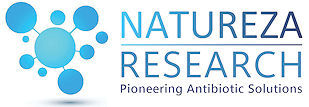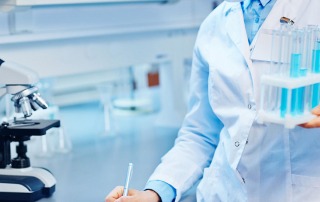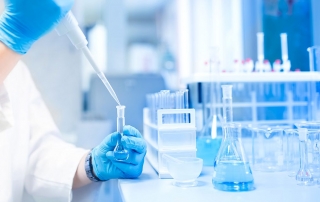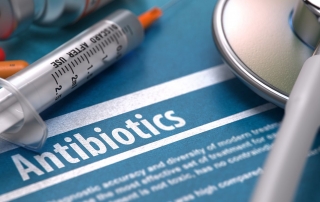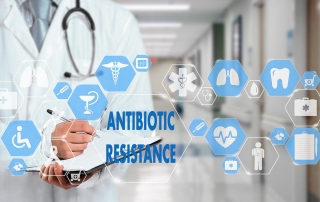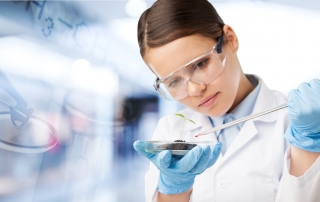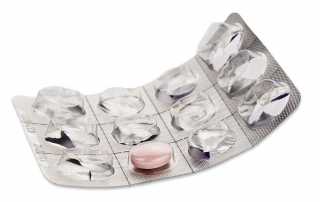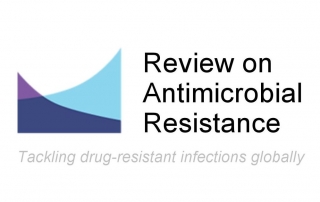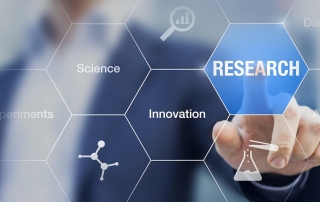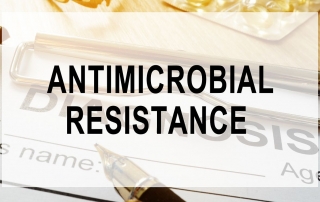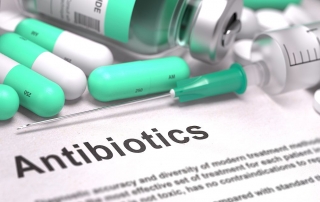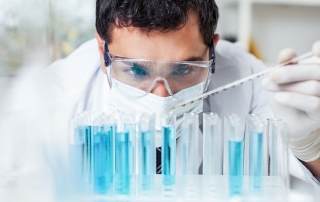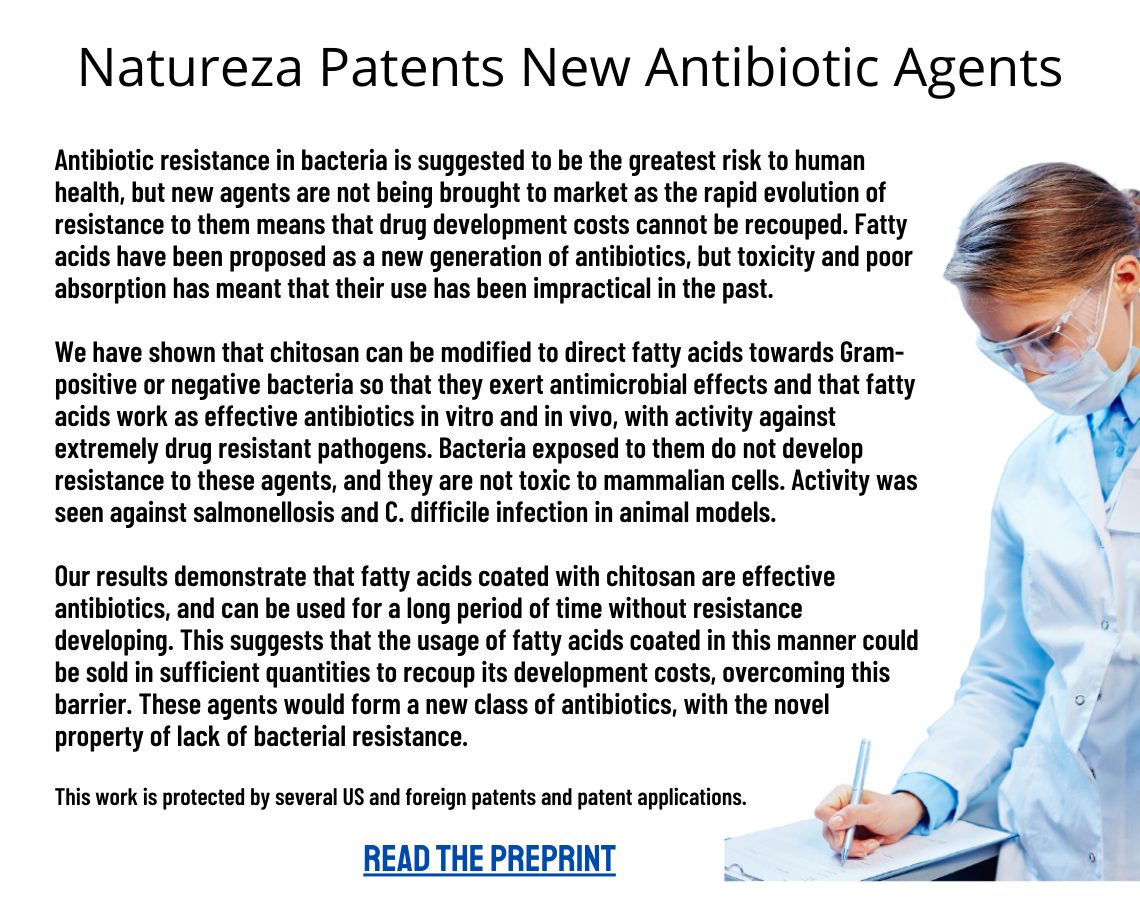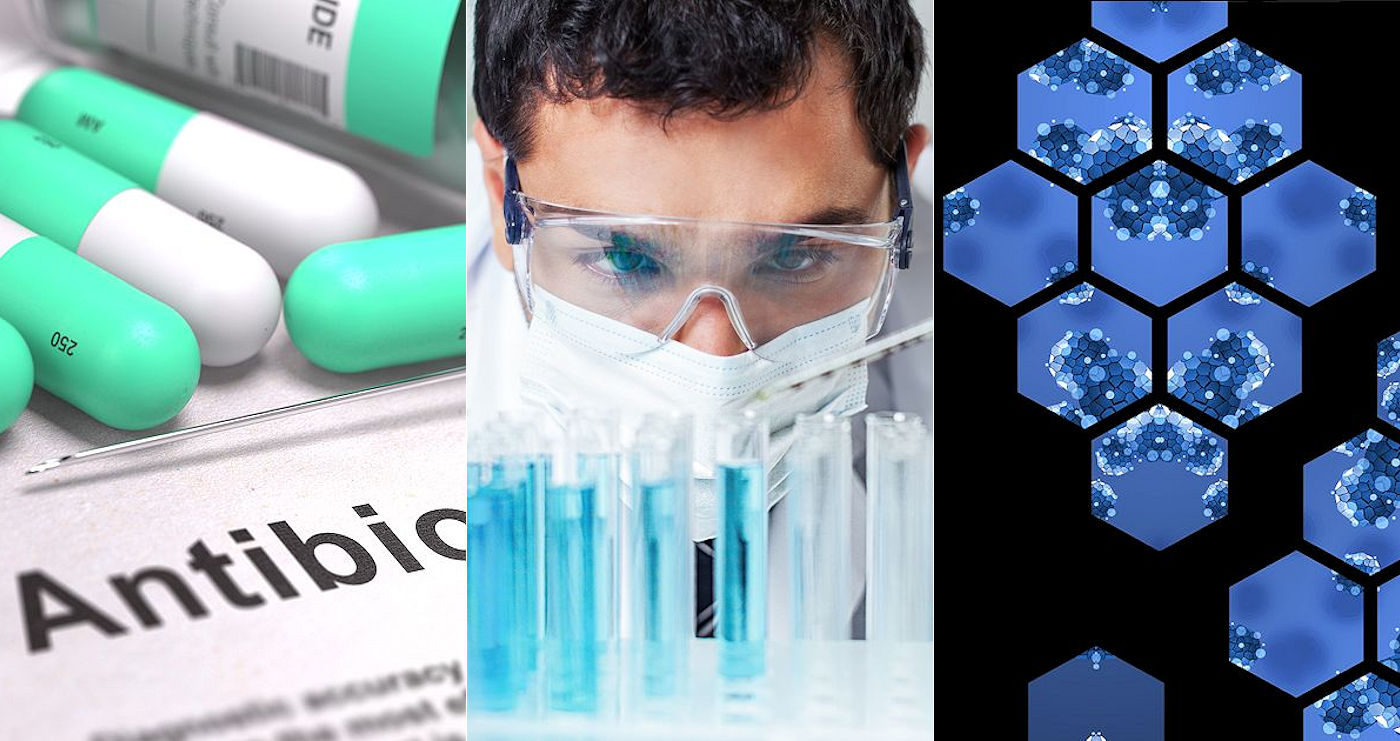
Natureza Blog: Antibiotic Research and Development Articles
For the latest articles or news see What’s New
Natureza Blog: Antibiotic Research and Development Articles
For the latest articles or news see What’s New
Natureza Develops the Solution to Drug Resistant Candida Auris and Pseudomonas Infections
Natureza carries out groundbreaking development of novel anti-infective agents. We have developed two agents that fulfil unmet healthcare needs for treatments against organisms with a high level of resistance to treatment agents. Together these represent a transformative breakthrough in the search for treatments against the growing worldwide threat of AMR.
Global burden of bacterial antimicrobial resistance in 2019: a systematic analysis
Bacterial antimicrobial resistance (AMR)—which occurs when changes in bacteria cause the drugs used to treat infections to become less effective—has emerged as one of the leading public health threats of the 21st century. The Review on Antimicrobial Resistance, commissioned by the UK Government, argued that AMR could kill 10 million people per year by 2050. [read more]
Lack of new antibiotics threatens global efforts to contain drug-resistant infections.
Declining private investment and lack of innovation in the development of new antibiotics are undermining efforts to combat drug-resistant infections, says the World Health Organization (WHO). Two new reports reveal a weak pipeline for antibiotic agents. The 60 products in development (50 antibiotics and 10 biologics) bring little benefit over existing treatments and very few target the most critical resistant bacteria (Gram-negative bacteria). [read more]
The Truly Staggering Cost Of Inventing New Drugs
During the Super Bowl, a representative of the pharmaceutical company Eli Lilly posted the on the company’s corporate blog that the average cost of bringing a new drug to market is $1.3 billion, a price that would buy 371 Super Bowl ads, 16 million official NFL footballs, two pro football stadiums, pay of almost all NFL football players, and every seat in every NFL stadium for six weeks in a row. This is, of course, ludicrous. The average drug developed by a major pharmaceutical company costs between $4-$11 billion. [read more]
Opinion: We Need More than New Antibiotics to Fight Resistance
Metabolic disrupters, phages, and other approaches are going to be needed to treat the broadest possible range of patients infected by bacterial pathogens resistant to multiple drugs. In 1924 President Coolidge's youngest son developed a blister on a toe playing tennis. The blister became infected with staph, and he died a week later at just 16 years old. Two decades later, penicillin could have saved him, but this drug is now useless against staph because of drug resistance, which has now become a broader crisis in medicine. [read more]
Antibiotic Resistance: A Rundown of a Global Crisis
The advent of multidrug resistance among pathogenic bacteria is imperiling the worth of antibiotics, which have previously transformed medical sciences. The crisis of antimicrobial resistance has been ascribed to the misuse of these agents and due to unavailability of newer drugs attributable to exigent regulatory requirements and reduced financial inducements. [read more]
The Rise of Superbugs: Facing the Antibiotic Resistance Crisis
While medical research has helped us overcome many health threats, we now face a new type of crisis: Many dangerous bacteria are becoming resistant to the drugs meant to fight them. Healthcare professionals antibiotics to treat many forms of bacterial infection — from those that are mild to those that are potentially life threatening. For the most part, antibiotics have proved to be a crucial ally in the fight for health, but over the past few years, these drugs have begun to lose their footing in their confrontation with bacteria. [read more]
The World Is Running Out Of Antibiotics, WHO Report Confirms
A report, Antibacterial agents in clinical development, analizes the antibacterial clinical development pipeline launched by WHO, shows a serious lack development new antibiotics to combat the growing antimicrobial resistance threat. Most of the drugs currently in the pipeline are modifications of existing classes of antibiotics and are only short-term solutions. The report found very few potential treatment options for antibiotic-resistant infections, including drug-resistant TB which kills about 250,000 annually. [read more]
Review on Antimicrobial Resistance
The Review on Antimicrobial Resistance (AMR), was commissioned in July 2014 by the UK Prime Minister, who asked economist Jim O’Neill to analyse the global problem of rising drug resistance and propose concrete actions to tackle it internationally. The Review on AMR was jointly supported by the UK Government and Wellcome Trust, although operated with full independence from both. The final report and recommendations were published in the summer of 2016. [read more]
Innovative Ways to Pay for New Antibiotics Will Help Fight Superbugs
Antibiotics are the most important drug class in human history. Without them, minor infections could turn deadly. Heart surgery, cancer treatment, and virtually everything else that happens in a hospital would be far more dangerous than it is today. But if we keep taking them for granted, and fail to provide innovative approaches to funding the development of new antibiotics, drug-resistant microbes will get the upper hand. [read more]
Antimicrobial Resistance
Many of the medical breakthroughs of the last century could be lost through the spread of antimicrobial resistance. Previously curable infectious diseases may become untreatable and spread throughout the world. This has already started to happen. The report "Antimicrobial resistance: global report on surveillance 2014" showed that antimicrobial resistance is everywhere and has the potential to affect anyone, of any age, in any country. [read more]
Antibiotics in Meat Could Be Damaging Our Guts
It has long been common knowledge in farming that antibiotics can help cause animals to grow fatter faster. Time is money in the food industry, and for many years ranchers used antibiotics not just for treating diseases but also for promoting growth to get animals ready for the slaughterhouse sooner. In 2017, the FDA enacted rules banning the use of human antibiotics purely for growth promotion in animals and requiring ranchers to get a veterinarian prescription for antibiotics that once could be purchased over the counter. [read more]
Superbugs: An Arms Race against Bacteria
Unnecessary use of antibiotics in both humans and animals accelerates the evolution of drug-resistant bacteria, with potentially catastrophic consequences. Our best defenses against infectious disease could cease to work, surgical procedures would become deadly, and we might again find small cuts to be life-threatening. The problem of drug resistance already kills over one million people across the world every year and has huge economic costs. Without action, this problem will become significantly worse. [read more]
High Levels Of Antibiotic Resistance Found Worldwide
WHO's new Global Antimicrobial Surveillance System reveals widespread occurrence of antibiotic resistance among 500,000 people with suspected bacterial infections across 22 countries. The most commonly reported resistant bacteria were Escherichia coli, Klebsiella pneumoniae, Staphylococcus aureus, and Streptococcus pneumoniae, followed by Salmonella spp. Among patients with suspected bloodstream infection, the proportion that had bacteria resistant to at least one of the most commonly used antibiotics ranged tremendously between different countries – from zero to 82%. [read more]
Critical Assessment of Incentive Strategies for Development of Novel Antibiotics
Concern has emerged in the public health arena regarding the deadly combination of increasing antimicrobial resistance and stunted antibiotic development. Antimicrobial resistance is an evolutionary adaptation that will not cease, but can be mitigated with careful stewardship of existing antibiotics. The decline in investment in antibiotic development is a complex, multifactorial market failure arising from the nature of antibiotic prescribing, current pricing, existing patent structures, and societal expectations. [read more]
